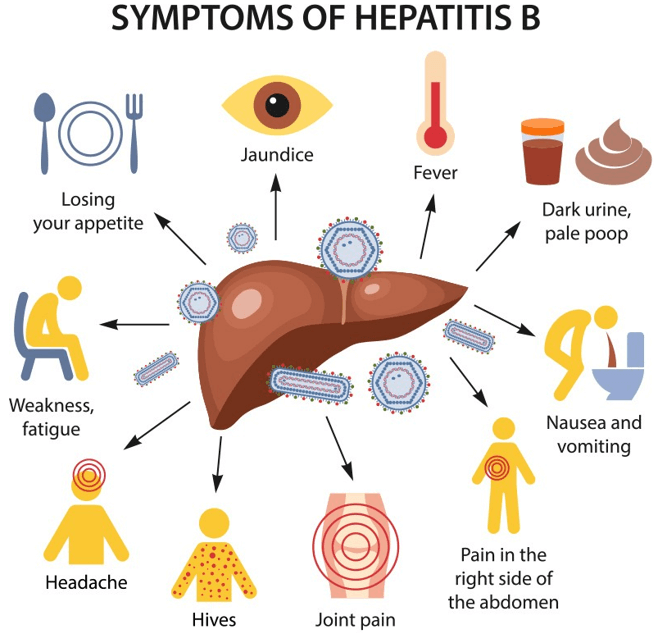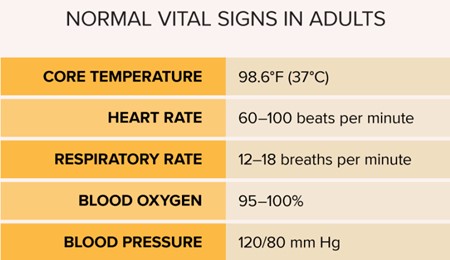Which information should the practical nurse (PN) collect during admission assessment of a terminally ill client to an acute care facility?
Name of funeral home to contact.
Contact information for client's next of kin.
Health care proxy documentation
Client's wishes regarding organ donation.
The Correct Answer is C
The correct answer is choice C. Health care proxy documentation.
Choice A rationale:
The name of the funeral home to contact is not immediately relevant during the admission assessment of a terminally ill client. This information can be collected later as part of end-of-life planning but is not critical for the initial assessment.
Choice B rationale:
While the contact information for the client’s next of kin is important for communication and support, it is not as crucial as health care proxy documentation for making immediate healthcare decisions.
Choice C rationale:
Health care proxy documentation is essential because it designates someone to make healthcare decisions on behalf of the client if they become unable to do so themselves. This ensures that the client’s healthcare preferences and decisions are respected and followed by the healthcare team.
Choice D rationale:
The client’s wishes regarding organ donation are important but are often included in the health care proxy documentation. This information is not as immediately critical as the health care proxy documentation during the admission assessment.
Nursing Test Bank
Naxlex Comprehensive Predictor Exams
Related Questions
Correct Answer is B
Explanation
This is the greatest health risk for this client because he is likely to inject cocaine and heroin intravenously and share needles with other drug users, which can transmit blood-borne infections such as hepatitis B or C. Hepatitis can cause liver inflammation, cirrhosis, or cancer and may be fatal if untreated.

Correct Answer is A
Explanation
This is the most important follow-up assessment for the PN to implement because it can detect signs of bleeding, infection, or shock that may result from the unsecured surgical dressing. The PN should monitor the client's blood pressure, pulse, temperature, and respiratory rate and report any abnormal changes.

B. Fluid volume intake and output is not the most important follow-up assessment for this client and may not reflect the current status of the client's fluid balance or blood loss.
C. Volume of peripheral pulses is not the most important follow-up assessment for this client and may not be affected by the unsecured surgical dressing unless it is located on a limb or near a major artery.
D. Incisional pain scale rating is not the most important follow-up assessment for this client and may not indicate the severity or cause of the client's pain.
Whether you are a student looking to ace your exams or a practicing nurse seeking to enhance your expertise , our nursing education contents will empower you with the confidence and competence to make a difference in the lives of patients and become a respected leader in the healthcare field.
Visit Naxlex, invest in your future and unlock endless possibilities with our unparalleled nursing education contents today
Report Wrong Answer on the Current Question
Do you disagree with the answer? If yes, what is your expected answer? Explain.
Kindly be descriptive with the issue you are facing.
